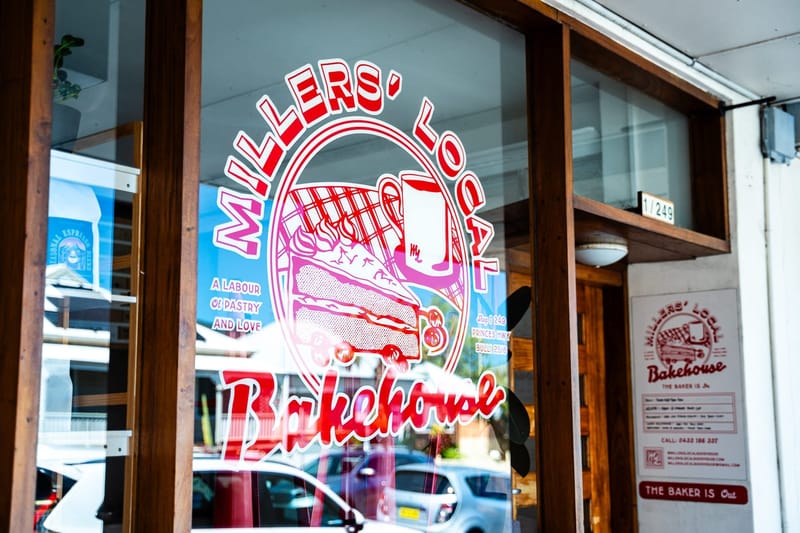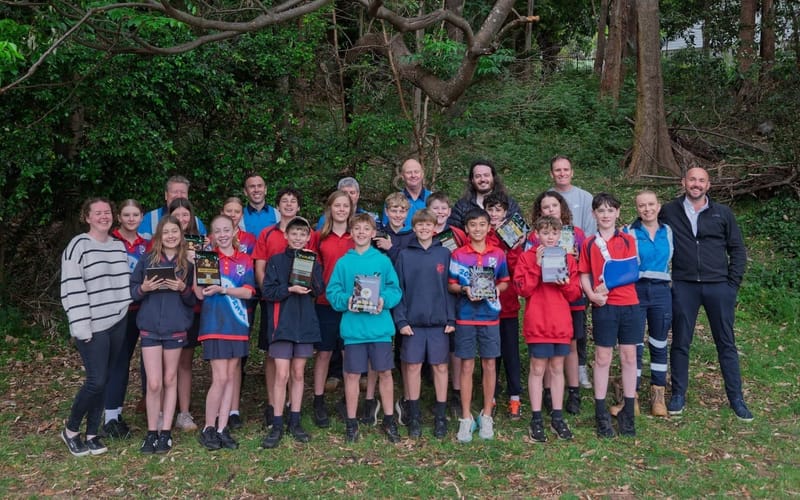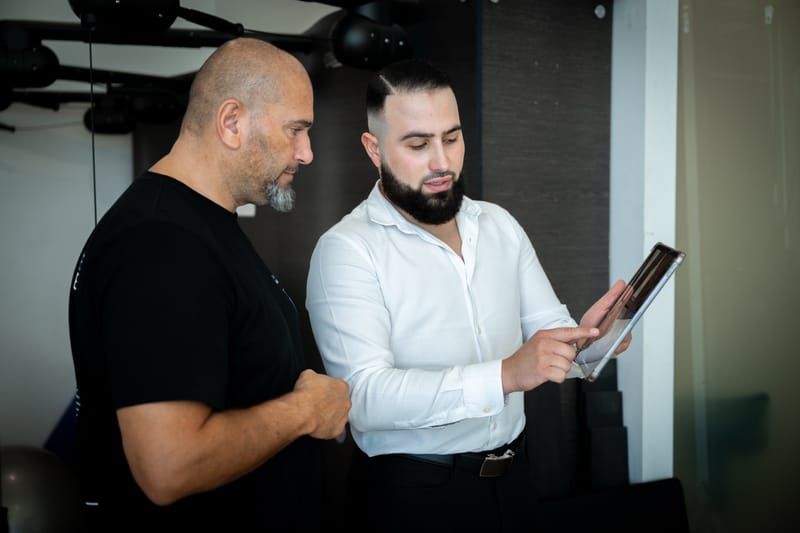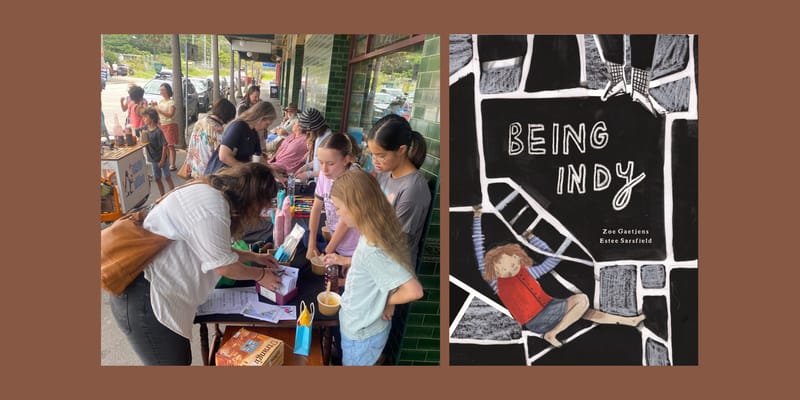Bodysurfing meets sustainability
Bulli-based surf craft manufacturer Ecto Handplanes is approaching their 10th birthday in the new year. In those 10 years, their hand-held surf crafts been stocked in major department stores, including David Jones and online at THE ICONIC, received...
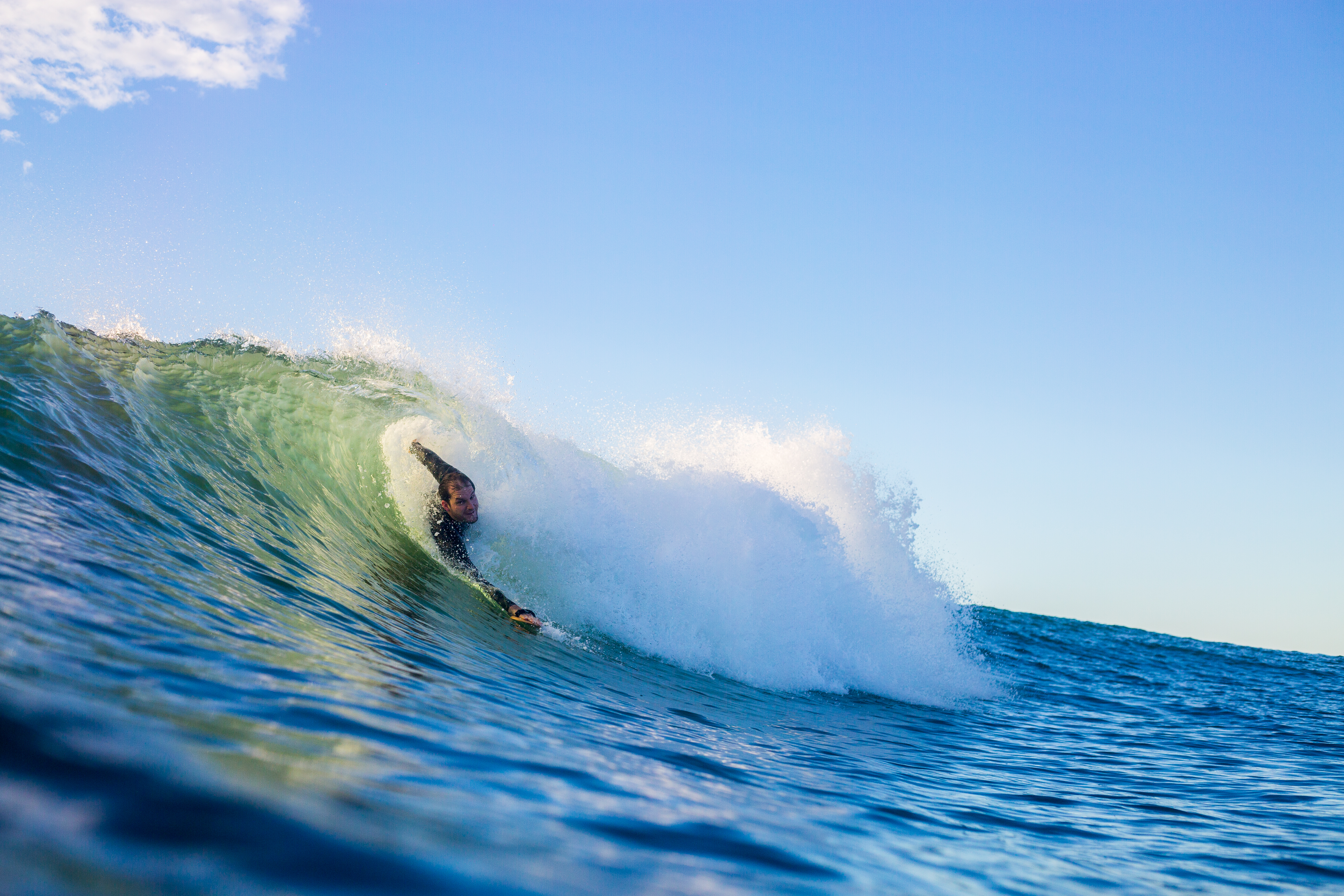
Bulli-based surf craft manufacturer Ecto Handplanes is approaching its 10th birthday in the new year. In those 10 years, their hand-held creations have been stocked in major department stores, including David Jones and online at THE ICONIC, received a Good Design Australia Award in the Sports and Leisure category in 2020, and become increasingly popular in the Australian bodysurfing community.
For brand founder Chris Anderson, the fact that Ecto Handplanes has achieved such a business milestone is equal parts exciting and surprising to him, given the business began as an Honours project when he was a graphic design and arts undergraduate at the University of Wollongong in 2012.
His public art installation at the time, titled the 1000 Surfboard Graveyard, featured a collection of 1000 discarded and donated broken surfboards, arranged for a series of photographs on Garie Beach to highlight the lack of a mainstream board recycling practice.
“It's not like you can just drop off your board at a surf shop and it's going to get recycled – they're pretty disposable,” Chris said.
“The technology's increased since then – there's more sustainable options, there's more sustainable technologies – but even today, 10 years down the track, it has improved, but still the core performance boards are polyurethane and polyester resin, so it's predominantly petrochemical materials.
“The awareness was about the disposability of the craft that surfers ride in an environment, which is pretty pristine and awesome… and that's where the handplanes came in, because through that project I was looking at ways they could be recycled, and handplanes were a natural fit.”
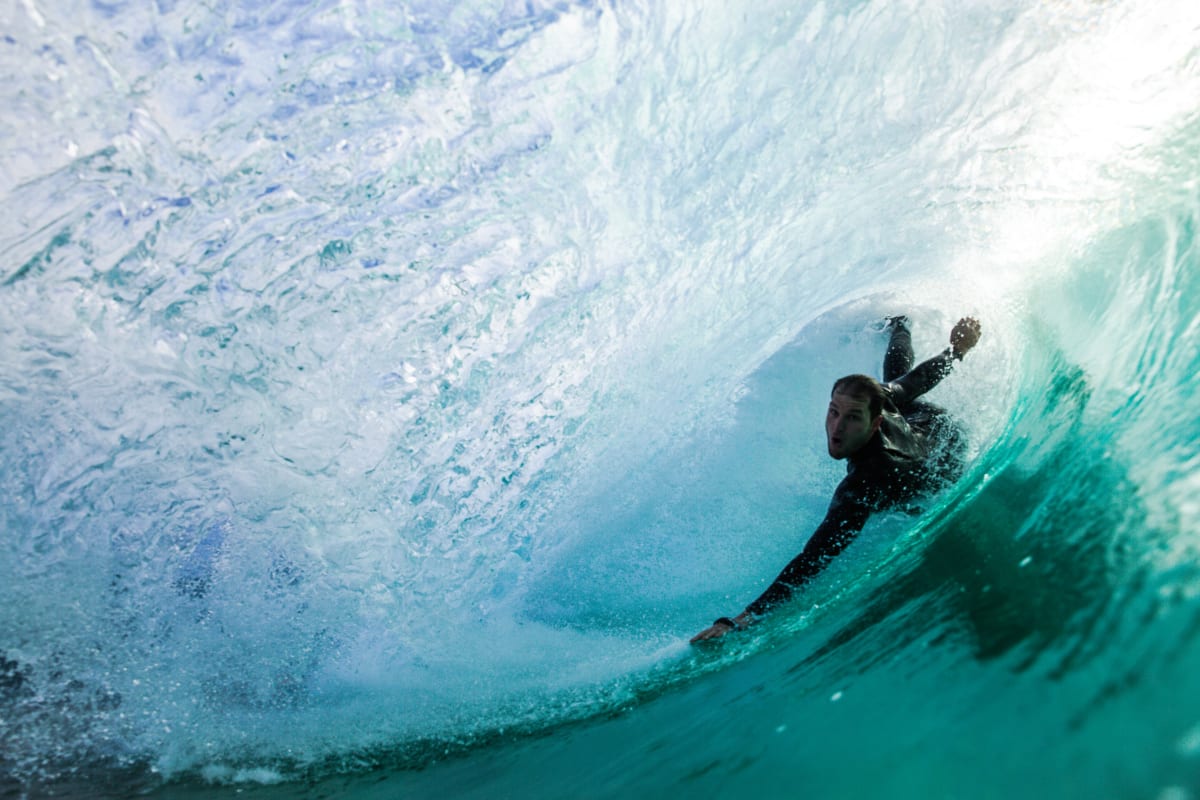
Chris established Ecto Handplanes the following year and began upcycling much of his collection of broken boards, fashioning them into his signature handplanes – a style of hand-held bodyboarding device that “provides an edge and a surface area that allows you to push up and trim across the wave”, enhancing the bodysurfing experience by guiding you through the barrel with added speed, he says.
“They're essentially a miniature surfboard, so you take the glass off a broken board, then you reshape the foam inside into a miniature surfboard and then re-glass it,” Chris said.
“Even that, admittedly, has its faults as well because you are upcycling the foam into a new product, but you are also coating it in resin again, and that's where I decided that timber was a good avenue to go for handplanes.
“I naturally tried different materials and timber seemed to actually be more sustainable than recycling surfboards, which is sort of funny.”
Now, a sustainable Paulownia plantation in Coffs Harbour provides Ecto Handplanes with their timber – though Chris does still collect and recycle broken surfboards left behind after a session or cast-off by local surfboard factories after manufacturing errors. The Paulownia wood is carefully crafted into handplanes and also, more recently, traditional Hawaiian-style wooden surf craft called paipo.
“We make those out of the same timber we make handplanes [from], because even though I've called it a timber bodyboard, it's actually half-way between bodyboarding and bodysurfing because the timber is so thin,” Chris said.
“It's just nice to be on a plank of timber, like how cool to ride a wave on a natural material in the natural environment.
“This is super-niche surf craft, but there are, believe it or not, little core followings around Australia – people who really get into this sort of stuff because it's super fun and there's just no megastar out there carrying a mini paipo around, making it really cool, and marketing the hell out of it.”
Working exclusively with his father, Ron, sustainability is not the only focus for Chris, but ensuring that anyone can use his surf craft without the need for lessons or pressure for perfection also takes priority.
“[They’re] really versatile because anyone who can swim can enjoy having a go at it,” Chris said.
“It's really family-friendly and really fun, and it goes back to basics, like, I think people see elite surfing, people like Mick Fanning and [think] big turns, where bodysurfing you sort of keep it simple.
“It's a product that you can literally take in a backpack anywhere.”
For anyone wanting to learn the ropes or catch up with like-minded bodysurfers, Chris invites you to join South Coast Bodysurfers, a local collective he helped create in 2016.
“We go early – we don't surf for 15 minutes and go in and have a coffee – we'll go for a proper session, go for at least an hour, and then get coffee, of course,” Chris said.
“It's been very difficult to fire it back up [after Covid], but we're hoping this summer there'll be a few meet-ups.
“I think they were saying summer was off, but now they're saying summer is back, so if summer's back, handplanes are on.”

